The preparation and commissioning of a renovation project are processes where the interests and obligations of different parties – apartment association, local government, company, etc. – come together. Problems and questions may arise, such as: do all the work done during the renovation and their results comply with the agreement? How do the designer, client and technical consultant see the same renovation object?
On April 15, the Estonian Union of Co-operative Housing Associations EKYL, together with Tallinn University of Technology and Balti Vara Ehitus OÜ, organised a workshop for specialists in the field of renovation within the framework of the SIRCULAR Project, where, through practical questions and examples, the bottlenecks in the preparation of the initial task and commissioning of apartment building renovation projects were discussed and solutions were offered. The workshop was held in cooperation with the project EBENTO.
Together, the workshop participants mapped the problems of commissioning renovation projects from their own practice.
Thus, the experiences of renovation practitioners revealed that problems occur, for example, in connection with:
-> Materials – the selection of materials in the project is made incompetently, cheaper and lower-quality analogue products are used, etc.
-> Installation – the project and installation instructions are not followed during installation, there is no information about the schedule for the work, etc.
-> Quality control – the owner’s supervision is unable to manage the volume of work, measurements are based on incorrect assumptions, etc.
-> Documentation – documentation is incomplete or is not handed over to the client, etc.
Many thanks to all participants in the workshop! The joint mapping of problems will form the basis for further work to find solutions in the next SIRCULAR project workshops and trainings.
SIRCULAR is committed to creating digital tools, technological solutions, and services to drive the decarbonisation of the built environment. The project aims to develop a methodology for assessing the circularity of buildings, which will evaluate the impact of new construction technologies in demonstration projects. These solutions will be accessible to both non-experts and construction professionals, allowing for easier access to information on decarbonisation and tools to improve circularity. The project partners from Estonia are the Estonian Union of Co-operative Housing Associations, Tallinn University of Technology, Tartu Regional Energy Agency and Balti Vara Ehitus OÜ.

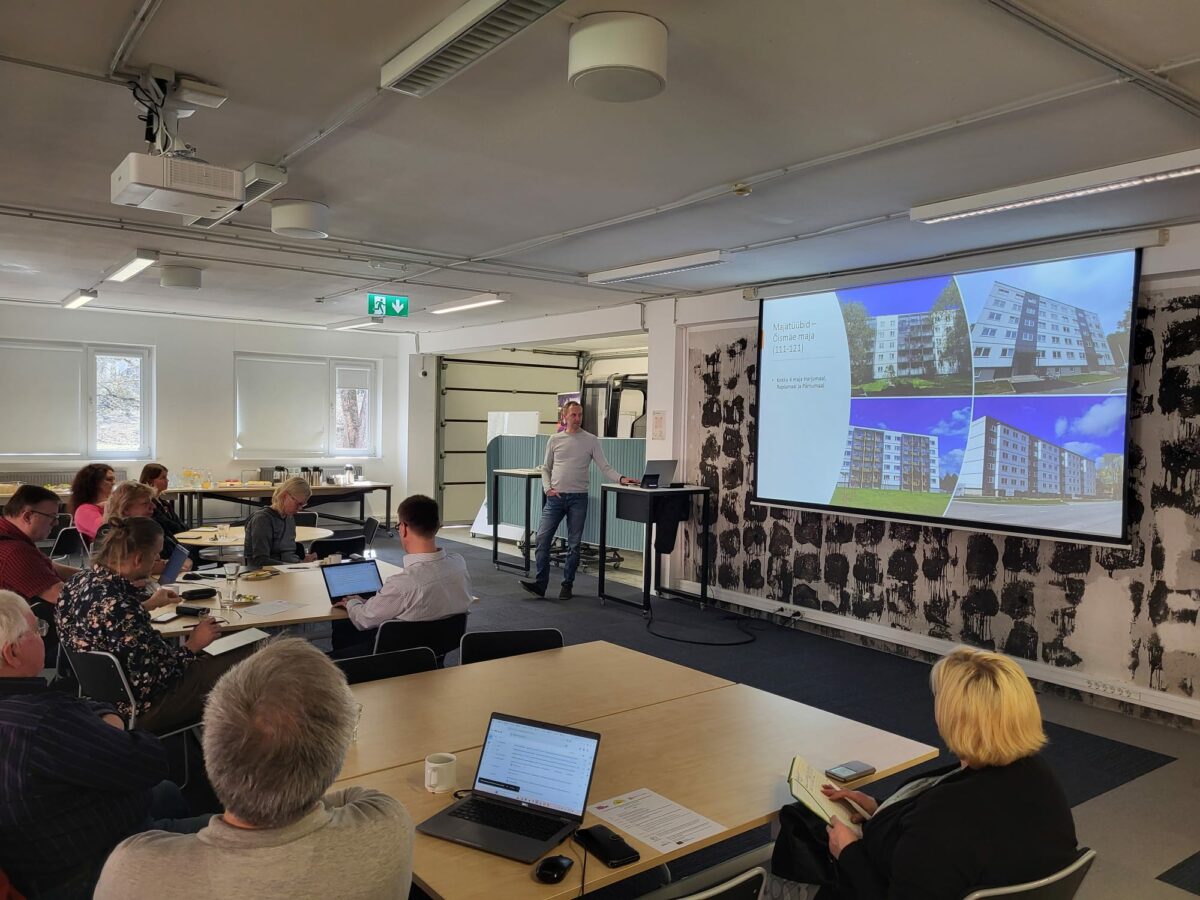
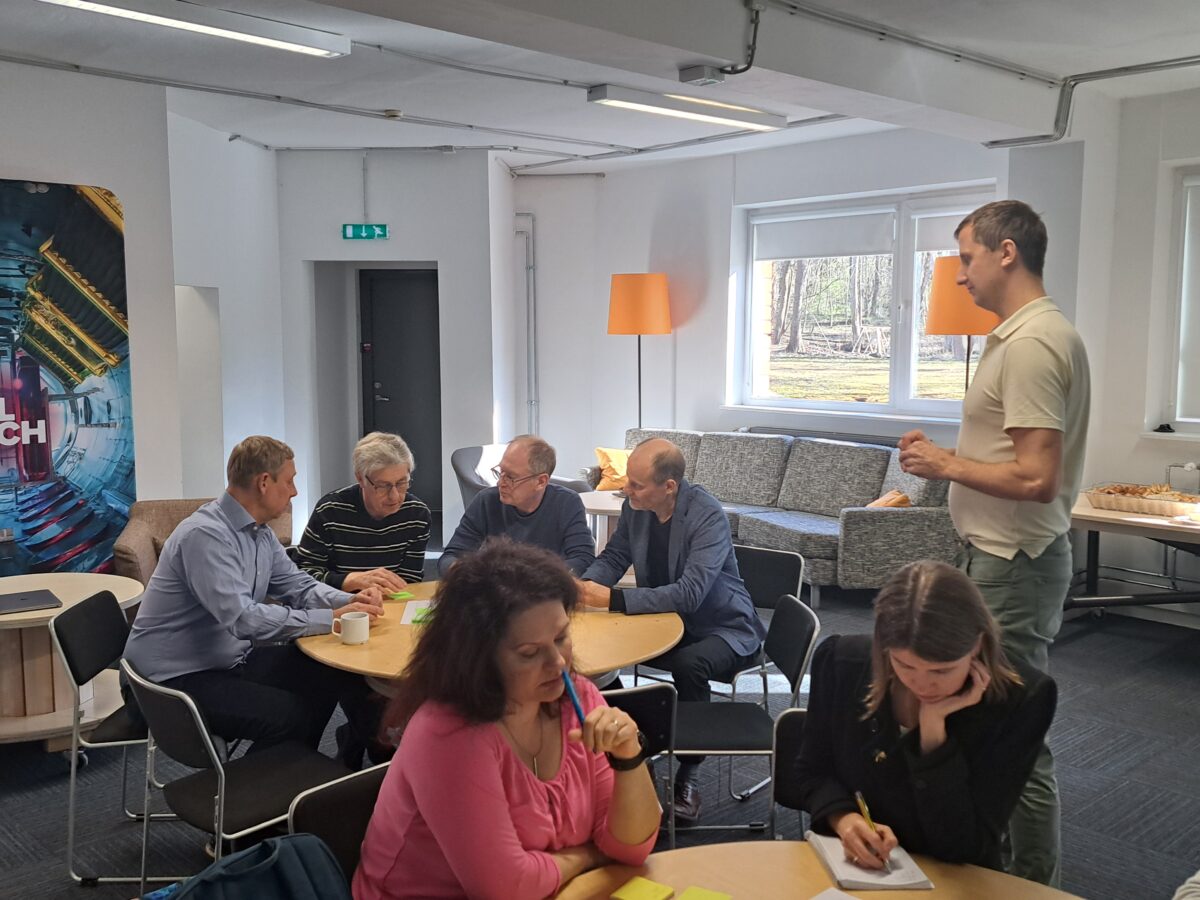
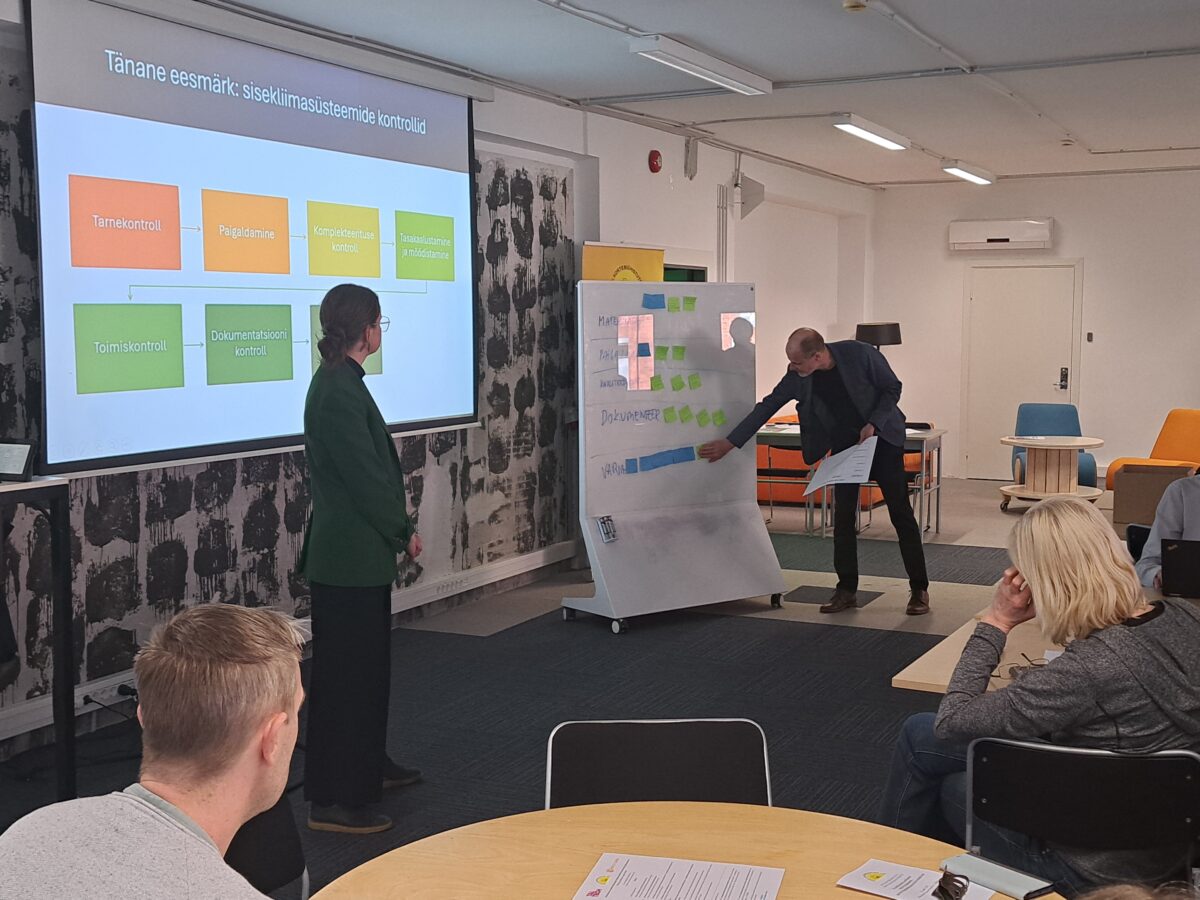
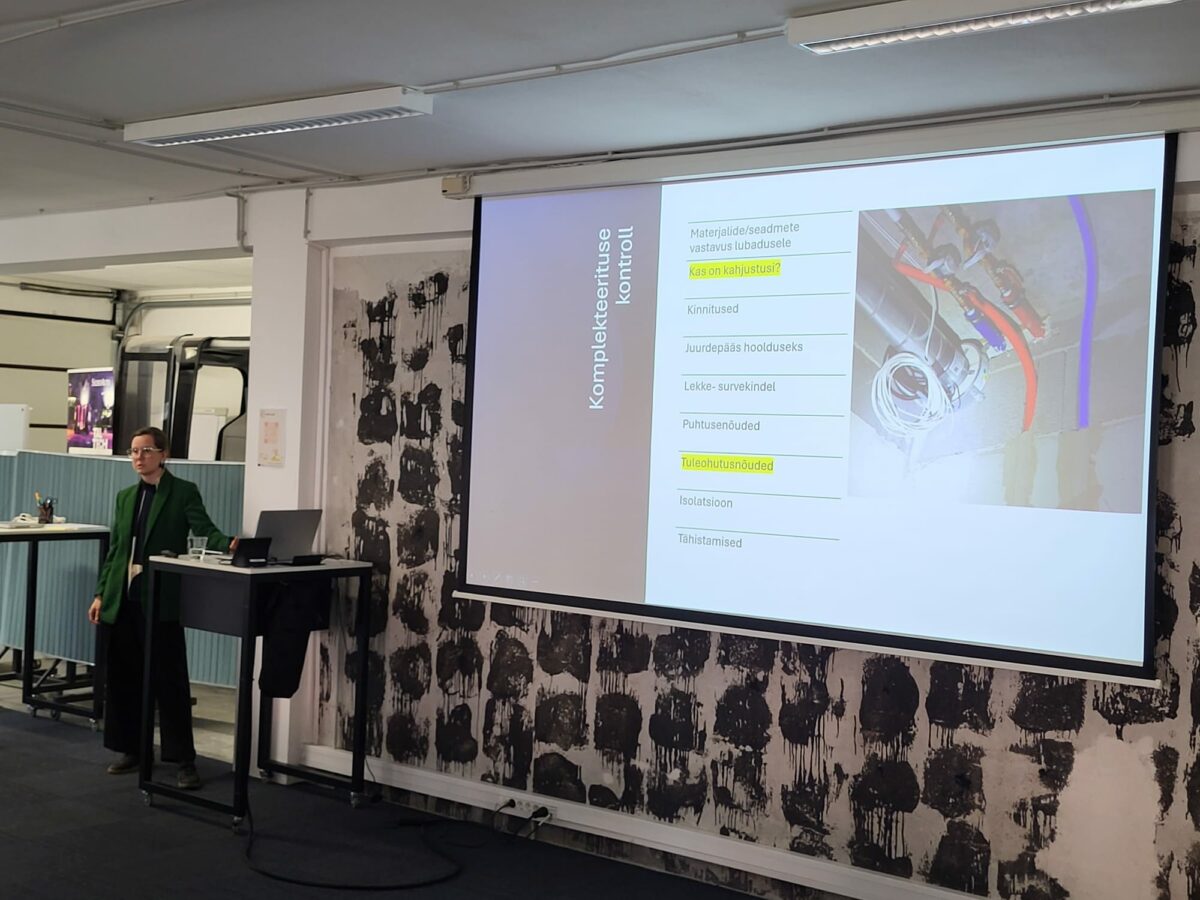
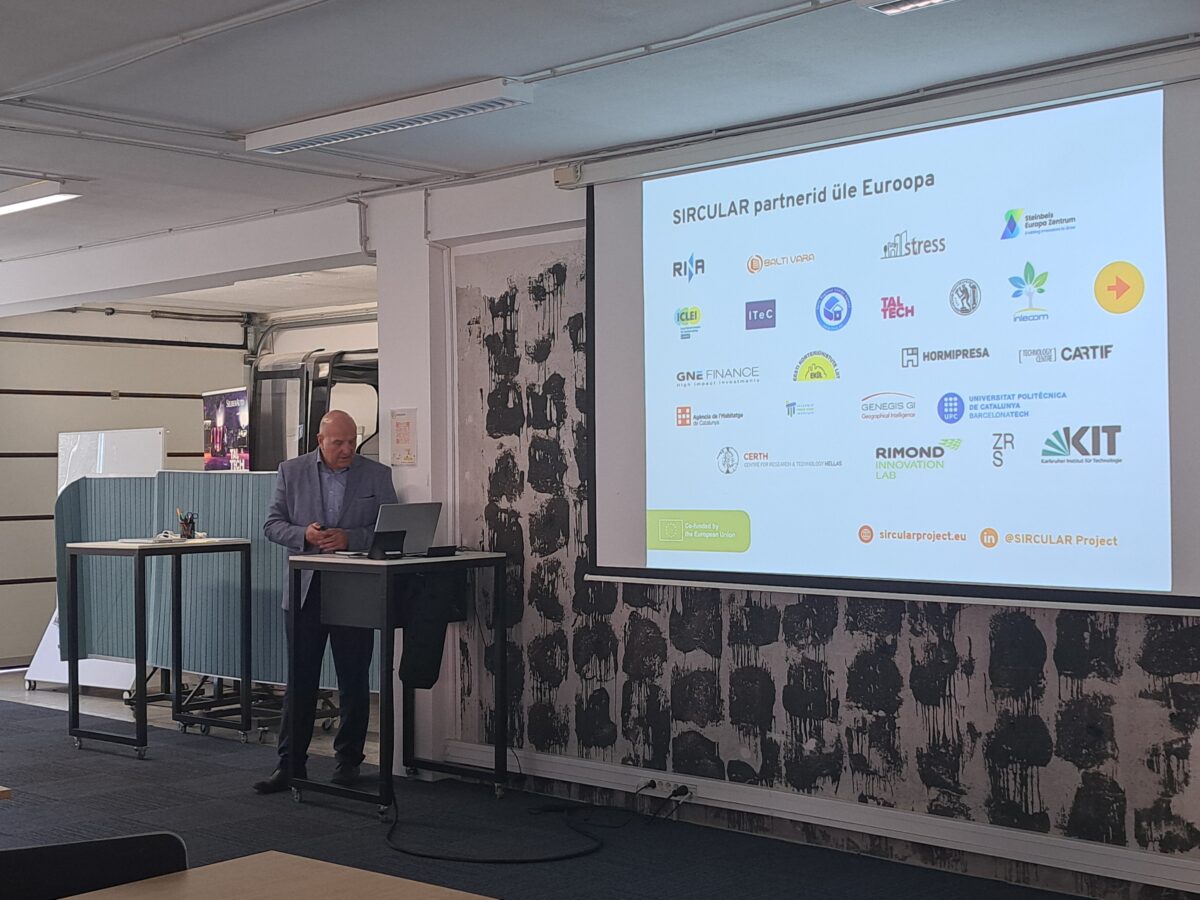
This article was written by SIRCULAR partner EKYL.
